This quirky AI-powered camera prints poems, not photos
The Poetry Camera is an ingenious device that doesn’t take photos but instead makes poems.The clever contraption features a lens that observes its sur

Everyone’s heard the expression, “Politeness costs nothing,” but with the advent of AI chatbots, it may have to be revised.
Just recently, someone on X wondered how much OpenAI spends on electricity at its data centers to process polite terms like “please” and “thank you” when people engage with its ChatGPT chatbot.
To the poster’s likely surprise, OpenAI Sam Altman actually responded, saying: “Tens of millions of dollars well spent,” before adding: “You never know.”
Many folks who engage with AI chatbots — whether via text or speech — find the conversational experience so realistic that it just feels normal to request and respond politely. But as Altman confirmed, those little extras need to be processed by its power-hungry AI tools, which means more costs to the company, and also to the environment, as most data centers are still powered by electricity generated from fossil fuels
Think about it. Each polite phrase adds to the processing burden, which, when multiplied across billions of queries, results in a significant additional energy use.
A survey carried out in the U.S. last year found that 67% of respondents reported being polite to AI chatbots, suggesting that 33% like to skip the niceties and get straight to the point.
So, should we try to drop the manners and be less courteous in our exchanges with ChatGPT and other AI chatbots? Or just continue being polite, despite the drawbacks.
Research conducted last year found that the level of politeness may well affect the quality of the large language model (LLM) that delivers responses via the chatbots.
“Impolite prompts may lead to a deterioration in model performance, including generations containing mistakes, stronger biases, and omission of information,” the researchers concluded.
On the same issue, a TechRadar reporter who recently experimented by conversing with ChatGPT in a less courteous manner found that the responses “seemed less helpful.”
For many, being less polite toward AI chatbots may be a challenge, and it could even do a lot more than simply lower OpenAI’s energy costs and ease the burden on the environment. The fear among some studying the matter is that if it becomes socially acceptable to be blunt toward AI chatbots, such behavior could begin to leech into interpersonal interactions, potentially making human exchanges less courteous over time.

The Poetry Camera is an ingenious device that doesn’t take photos but instead makes poems.The clever contraption features a lens that observes its sur
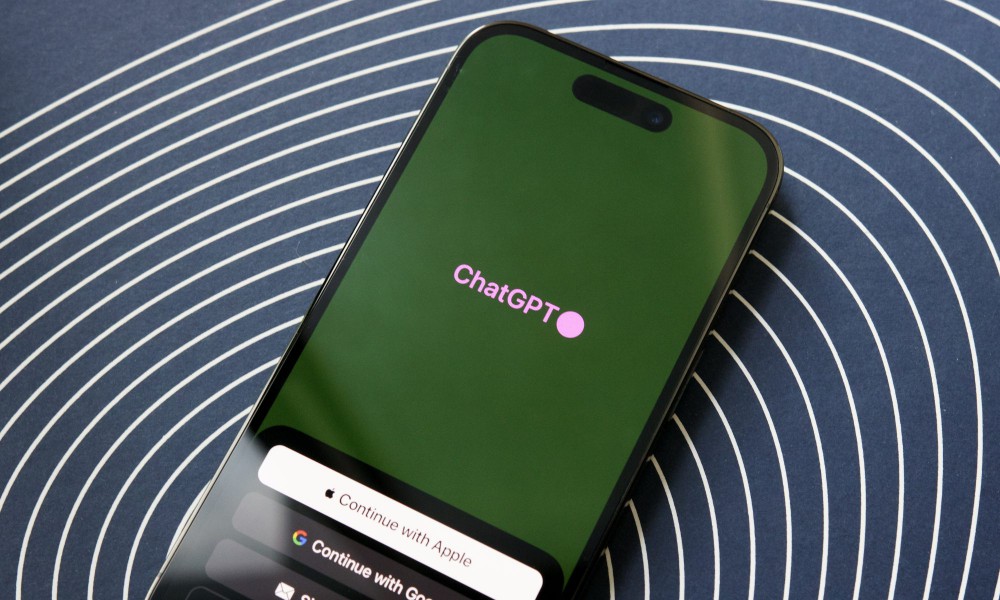
What’s happened? A supposed GPT-5 system prompt leaked via Reddit and GitHub this weekend. The prompt reveals the exact rules given to ChatGPT for int

YouTube is experimenting with a new AI feature that could change how people find videos. Here’s the kicker: not everyone is going to love it.The platf
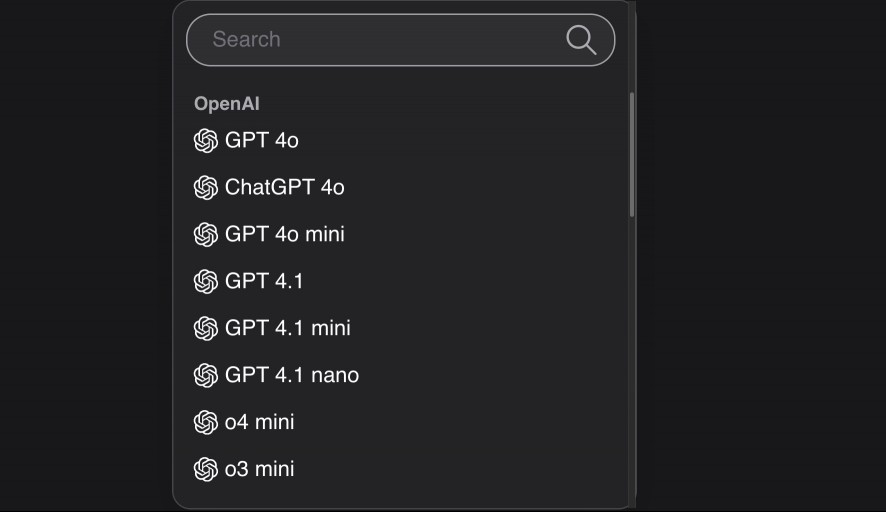
Although the entire AI boom was triggered by just one ChatGPT model, a lot has changed since 2022. New models have been released, old models have been

If you hadn’t heard, ChatGPT’s memory just got a whole lot better. Rolled out across the world to Plus and Pro users over the past few days, ChatGPT’s
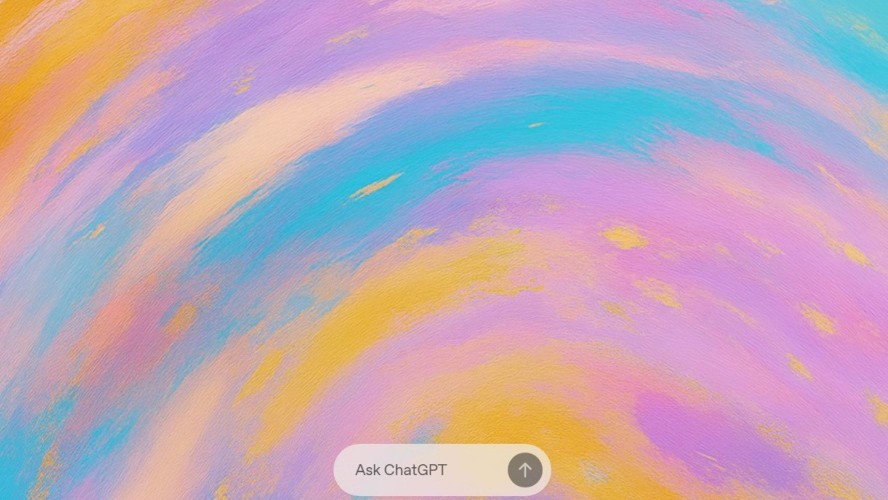
After an explosive launch, a viral trend, and some melted GPUs, the new image generation feature for ChatGPT is now available to free users. The featu
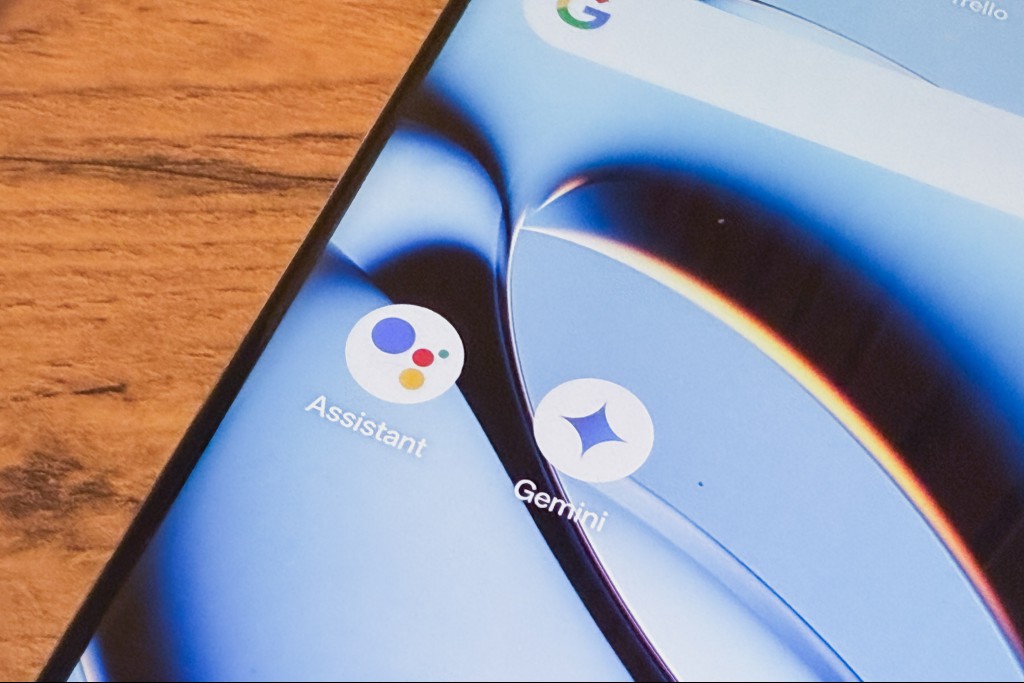
The writing has been on the wall for a while, but the shift away from Google Assistant is now official. Google has announced that it will shift users
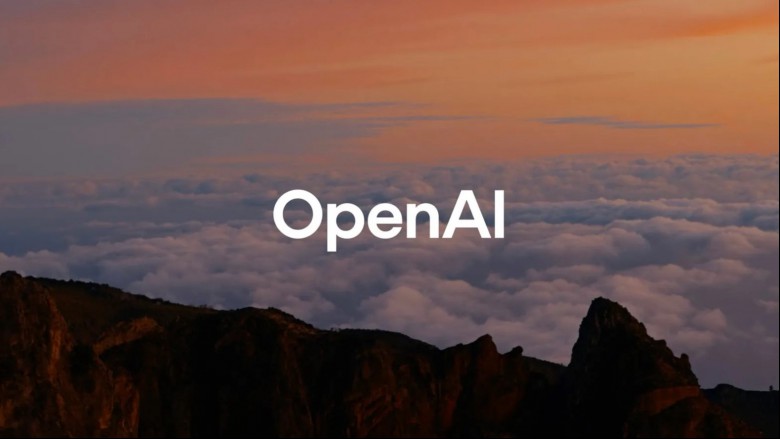
OpenAI has released its latest model, o1-pro, an updated version of its reasoning model o1 — but it’s not going to come cheap.“It uses more compute th
We are a comprehensive and trusted information platform dedicated to delivering high-quality content across a wide range of topics, including society, technology, business, health, culture, and entertainment.
From breaking news to in-depth reports, we adhere to the principles of accuracy and diverse perspectives, helping readers find clarity and reliability in today’s fast-paced information landscape.
Our goal is to be a dependable source of knowledge for every reader—making information not only accessible but truly trustworthy. Looking ahead, we will continue to enhance our content and services, connecting the world and delivering value.